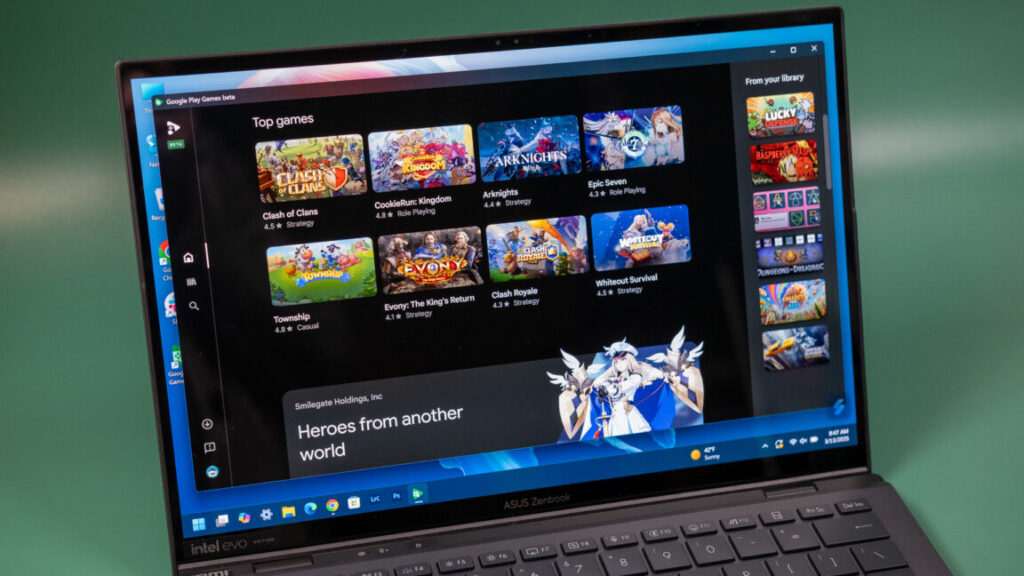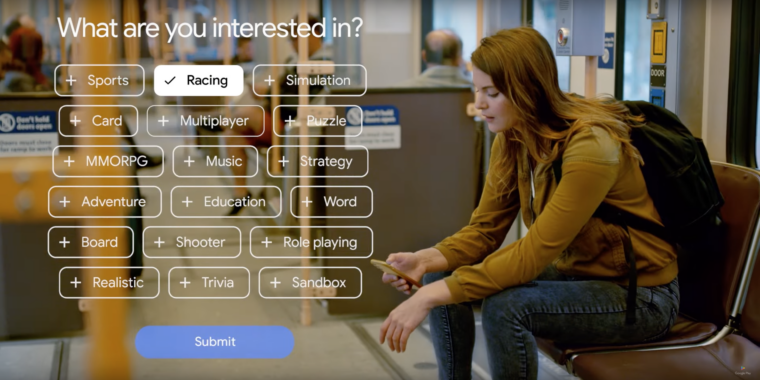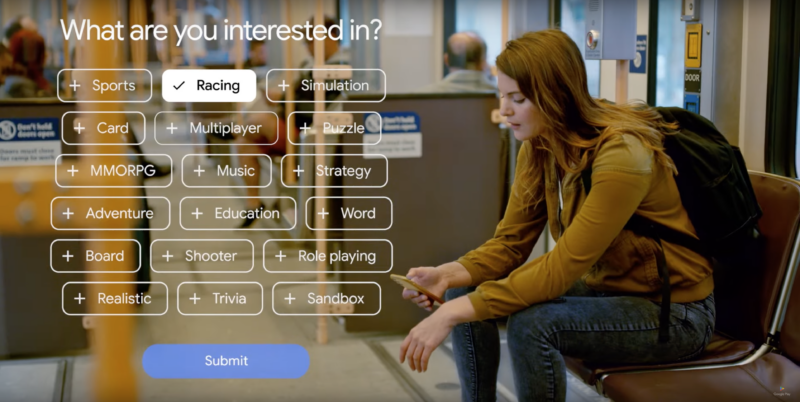Google is bringing every Android game to Windows in big gaming update
The annual Game Developers Conference is about to kick off, and even though Stadia is dead and buried, Google has a lot of plans for games. It’s expanding tools that help PC developers bring premium games to Android, and games are heading in the other direction, too. The PC-based Play Games platform is expanding to bring every single Android game to Windows. Google doesn’t have a firm timeline for all these changes, but 2025 will be an interesting year for the company’s gaming efforts.
Google released the first beta of Google Play Games on PC back in 2022, allowing you to play Android games on a PC. It has chugged along quietly ever since, mostly because of the anemic and largely uninteresting game catalog. While there are hundreds of thousands of Android games, only a handful were made available in the PC client. That’s changing in a big way now that Google is bringing over every Android game from Google Play.
Starting today, you’ll see thousands of new games in Google Play Games on PC. Developers actually have to opt out if they don’t want their games available on Windows machines via Google Play Games. Google says this is possible thanks to improved custom controls, making it easy to map keyboard and gamepad controls onto games that were designed for touchscreens (see below). The usability of these mapped controls will probably vary dramatically from game to game.
While almost every Android game will soon be available on Windows, not all will get top billing. Google Play Games on PC has a playability badge, indicating a game has been tested on Windows. Games that have been specifically optimized for PC get a more prominent badge. Games with the “Playable” or “Optimized” distinction will appear throughout the client in lists of suggested titles, but untested games will only appear if you search for them. However, you can install them all just the same, and they’ll work better on AMD-based machines, support for which has been lacking throughout the beta.
Google is bringing every Android game to Windows in big gaming update Read More »


